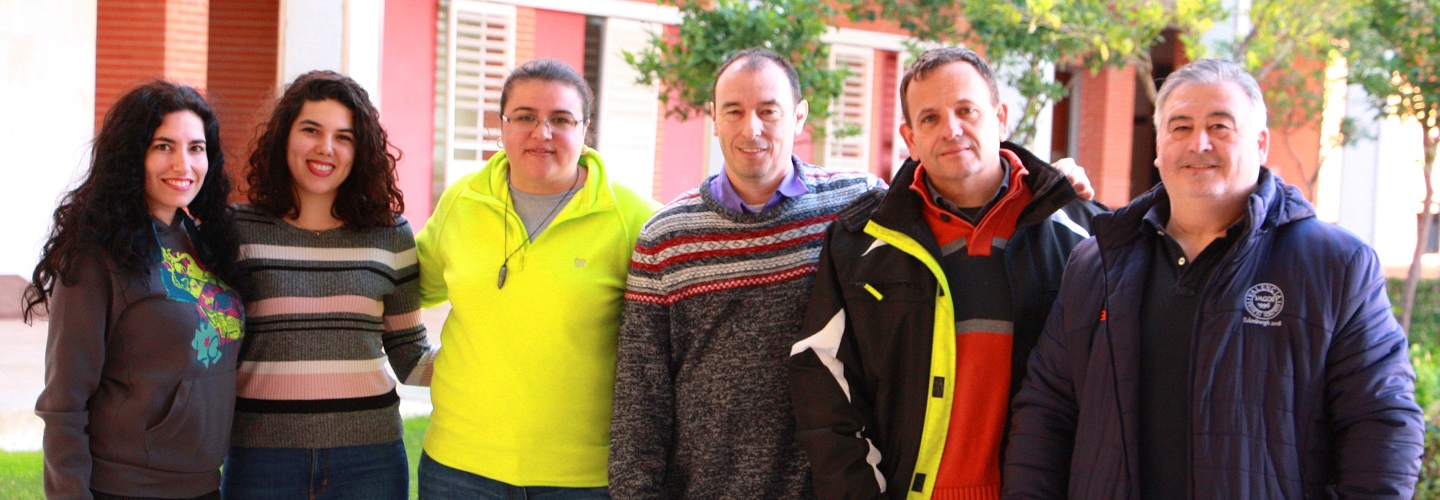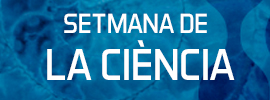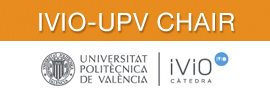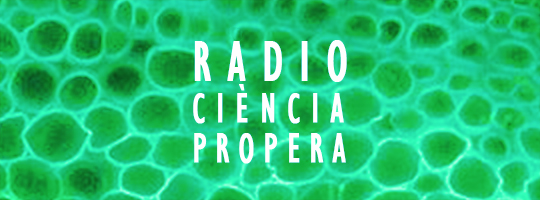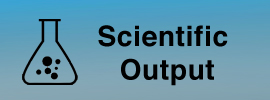Researchers from Campus Gandia of the Universitat Politècnica de València (UPV) and the University of Granada (UGR), are working on the development of a new low-cost smart system for the efficient irrigation of crops and orchards. The system, which fall within the purview of precision agriculture, enables environmental and land parameters to be collected through a set of sensors distributed at different points in the field.
According to Sandra Sendra, researcher at the UGR, in addition to reducing production costs, this type of technology offers precise information on the type of irrigation required, whether or not fertilizer is needed, and which cultivation technique is the most recommended. “Furthermore, it has been demonstrated that the sensors we have developed provide greater accuracy and data security, compared to current systems,” adds Sandra Sendra.
Likewise, Jaime Lloret, professor at the Campus Gandia of the UPV, emphasizes that this system can reduce the environmental impact, increase the quality ot products and save resources. “It helps to adapt the irrigation routines to the needs of the area and the planted species in a smart way, based on the parameters collected,” highlights Lloret.
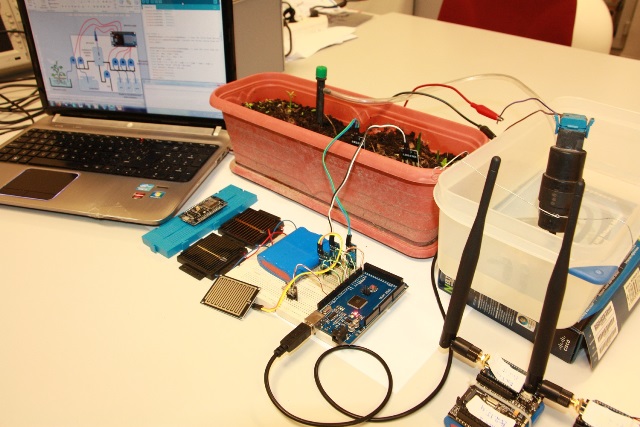
The collaboration between the UPV and the UGR was made possible by the Obra Social “la Caixa” and the Triptolemos Foundation, through its mobility program for doctors. This program has allowed the researcher Sandra Sendra, PhD from the Universitat Politècnica de València and research professor at the UGR, to be invited as a visiting scholar to Campus Gandia Campus to carry out this project.
PRECISION AGRICULTURE
Precision agriculture is a term that defines the management of agricultural production based on observation, data collection and the subsequent action, in order to improve the efficiency of the crop, agronomically, as well as environmentally or economically. This agriculture requires technologies that provide information to optimize the use of resources. Likewise, it enables greater security in the prediction of crop results.
NEW COLLABORATIONS
The “Communications and Networks” research group from the Research Institute for the Integrated Management of Coastal Areas (IGIC) of the Gandia Campus, is currently collaborating with the Madrid Institute of Rural Research, Development and Food (IMIDRA). The objective of the joint project is the creation of an autonomous system based on a wireless sensor network, which will allow the control, monitoring and care of urban meadows. The ultimate goal is to reduce the consumption of water and fertilizer and promote the sustainability of the urban meadow, while ensuring the optimal quality of product.
Source:
